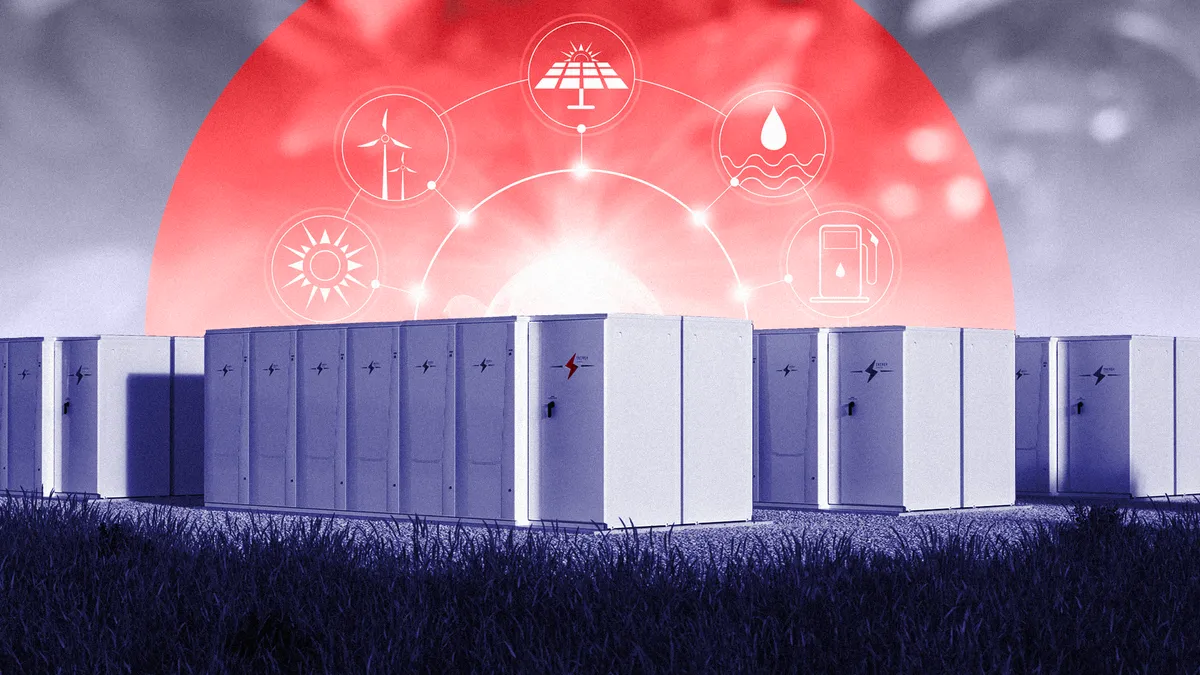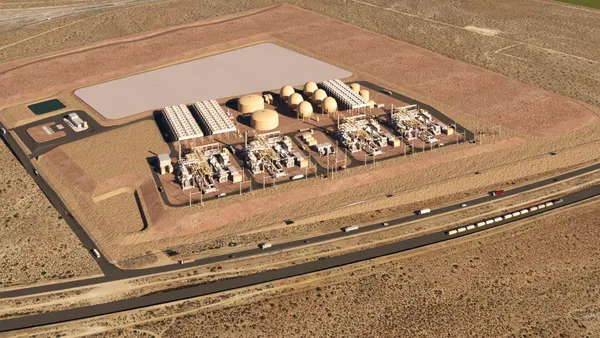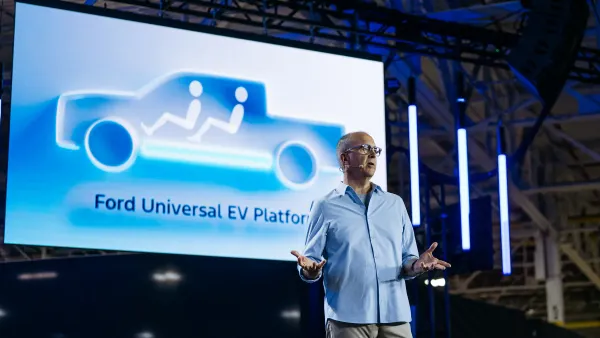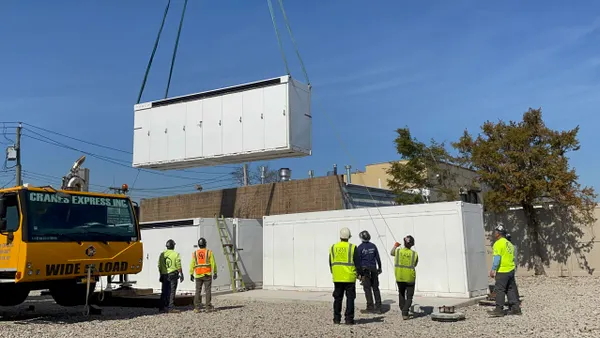Dive Brief:
- Pennsylvania’s Public Utility Commission released a policy statement last month that included a definition of energy storage assets but took a neutral stance on their ownership.
- Utility companies pressed for a policy definition that favored them to own energy storage batteries, while clean energy and consumer advocates wanted a definition that encouraged third-party ownership.
- The PUC declined to directly address the issue and said ownership should depend on the circumstances.
Dive Insight:
The commission received comments on energy storage ownership from a variety of nonprofit organizations, utility companies and industry groups, all of whom had different ideas about who should own the storage batteries that help ensure grid reliability.
PECO, formerly the Philadelphia Electric Co., wanted the PUC to write a policy statement restricting third-party ownership of energy storage assets, although the company stressed in its comments that it did not oppose third-party ownership altogether. The company said it supports “a mix of ownership models.”
“These emerging technologies have significant potential to enhance the reliability and resiliency of the electric distribution system, and it is important that our regulatory landscape continues to evolve to keep pace with advances in electric distribution technology,” the statement said.
Duquesne Light, which powers homes and businesses in Western Pennsylvania, said it supports ownership by electric distribution companies.
The company, based in Pittsburgh, considers energy storage a distribution asset. As a distribution utility, Duquesne Light already owns other distribution assets, and it is in the best interest of customers to own energy storage batteries as well, a company spokesperson said in a statement.
“We believe (electrical distribution company) ownership of energy storage is important for reliability of service to customers by ensuring maximum control and visibility of the grid,” the spokesperson said. “EDC operators make adjustments to the system multiple times throughout each day to react quickly to real time operating conditions, including interruptions resulting from weather or motor vehicle accidents for example.”
The California nonprofit Clean Energy Advocates wanted the PUC to define energy storage assets in a way that did not imply that electric companies own those assets, allowing for third-party ownership.
The Solar Energy Industries Association submitted similar comments. Supporters of third-party ownership said that utility ownership places too many limits on energy storage assets.
“By excluding the possibility of third-party ownership, the full potential of storage systems to provide a wide range of services is lost,” the group told the PUC.
The commission said it agrees with stakeholders who said third parties should own energy storage assets. But the policy statement says “it would be premature and difficult to prescribe ownership models in every circumstance. Thus, the PUC declines to modify this definition to address or suggest ownership models of electricity-storage resources.”
In comments submitted to PUC, the PJM Power Providers Group opposed utility ownership of energy storage assets, saying that electricity generation and injection from assets like storage batteries is best left to competitive markets. But the group’s president, Glen Thomas, acknowledged the issue is a complicated one.
"It's kind of a tricky line with storage, and we want to make sure the commission respects that," Thomas said.
He stressed that Pennsylvania's policy statement is not binding.
While the statement does not change the way energy storage is regulated in Pennsylvania, it is intended to guide future policy regarding storage assets in the state.













